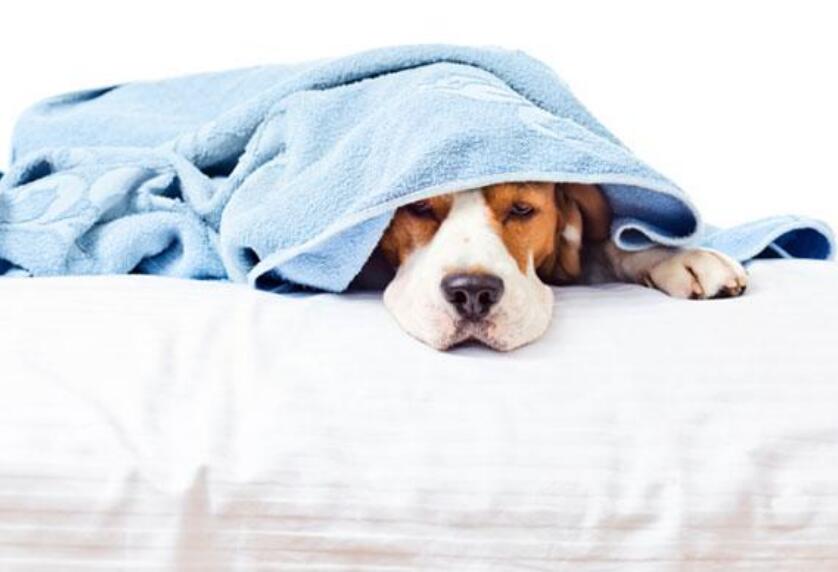 It is not uncommon for your dog or cat to suffer from different types of digestive disorders. Fortunately, quick action can prevent the problem from getting worse. Here, we take a look at the causes, signs and treatments of indigestion in pets.
It is not uncommon for your dog or cat to suffer from different types of digestive disorders. Fortunately, quick action can prevent the problem from getting worse. Here, we take a look at the causes, signs and treatments of indigestion in pets.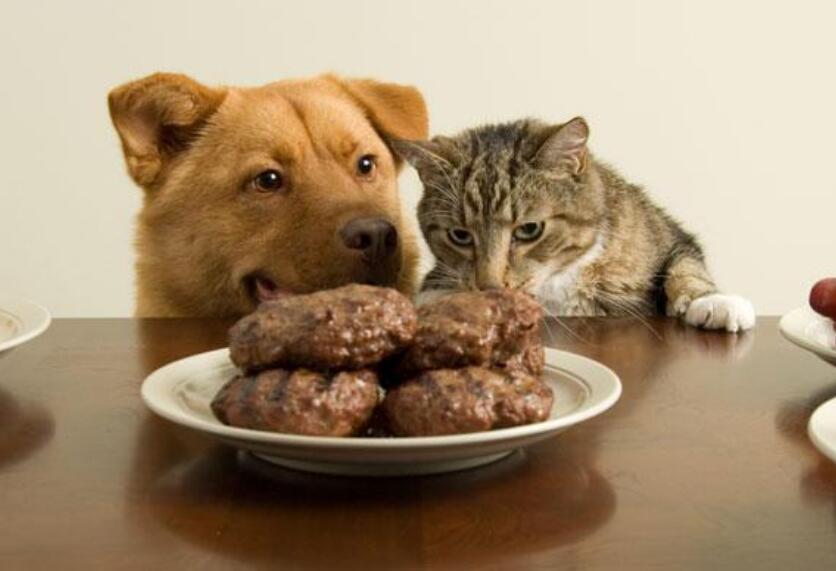 Common causes of acute digestive disorders in pets
Common causes of acute digestive disorders in pets
Dr. Tony Johnson, clinical assistant professor of veterinary medicine at Purdue University’s West Lafayette School of Veterinary Medicine in Indiana, says that dietary indiscretions are caused by pets eating things they shouldn’t (garbage, table scraps, etc.).
Viruses, such as microviruses or coronaviruses, are usually transmitted through contact with the feces of infected dogs.
Bacteria, such as Campylobacter, Salmonella, E. coli, and Clostridium, can be contracted through food poisoning and can be transmitted from animals to humans.
Parasites and worms are usually spread when a pet eats the feces of an infected dog or cat.
Pancreatitis is caused by inflammation of the digestive glands, medication, or digestion of foods that are difficult for the pancreas to process (such as high-fat foods).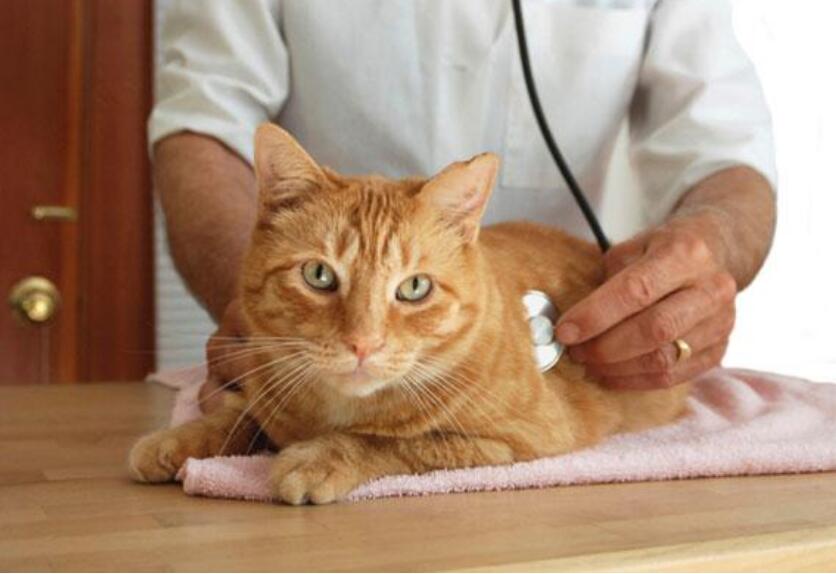 Common causes of chronic digestive disease in pets
Common causes of chronic digestive disease in pets
Johnson explained that IBD (inflammatory bowel disease) still has an unknown cause. “It’s manageable, but there’s no cure. Dogs with [IBD] have periodic flare-ups when you have to step up treatment.”
Hemorrhagic gastritis, which causes massive vomiting and bloody diarrhea, is caused by infectious agents such as bacteria, viruses, fungi and parasites; it may also be due to adverse reactions to certain medications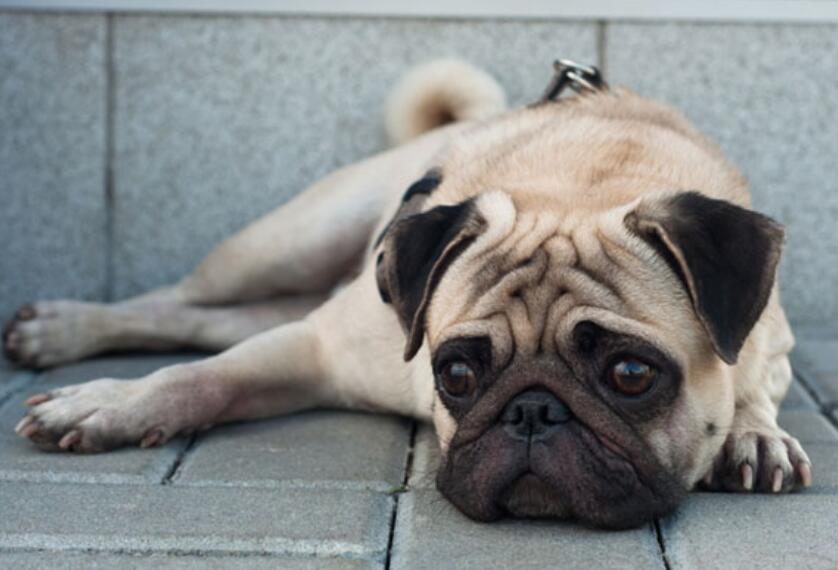 Common digestive disorder symptoms in pets
Common digestive disorder symptoms in pets
The good news about digestive disorders is that they are easy to identify. “The simplest symptoms are vomiting and diarrhea,” says Dr. Johnson.
Other signs:Loss of appetite; swollen abdomen; or colitis. According to Dr. Johnson, constipation (when a dog poops, but nothing comes out) may be another sign of gastrointestinal disease in cats, but is unlikely to manifest itself in dogs. Flatulence is not usually a sign of indigestion. However, all pets can be a little “bloated”, even those without indigestion. Unfortunately, it does not produce more or more serious gastrointestinal problems.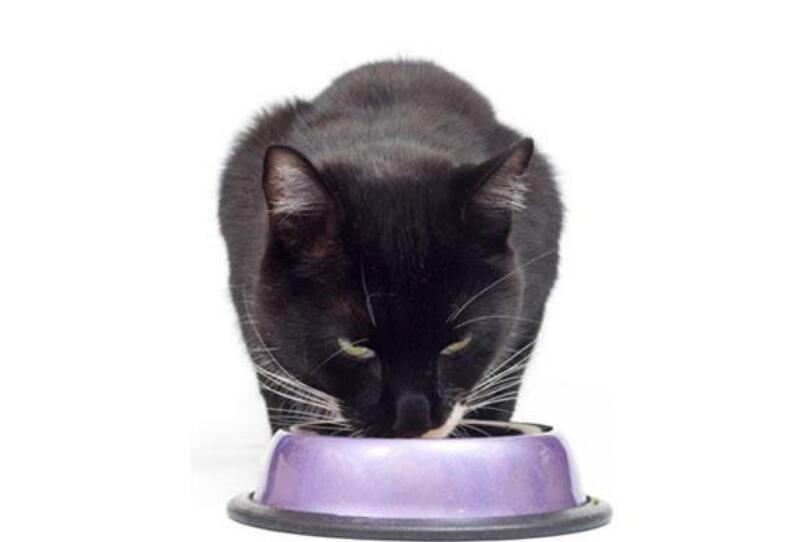 Common treatment methods
Common treatment methods
“In general, diarrhea is natural,” says Dr. Johnson. However, it’s important to consult your veterinarian about how to treat the symptoms and the underlying cause. He or she may make the following suggestions:
Provide your pet with plenty of fresh water to keep him or her hydrated.
Within 3 – 5 days, provide a therapeutic pet food (usually available at your veterinarian’s office or pet supply store).
Over a period of 3 to 5 days (or as directed by your veterinarian), slowly increase the amount of “regular” food previously given until your pet is back on his or her “regular” diet.
If at any time your pet begins to vomit, consult your veterinarian immediately.
Oral steroids like prednisone can also be used in dogs with long-term inflammatory bowel disease under the guidance of a veterinarian.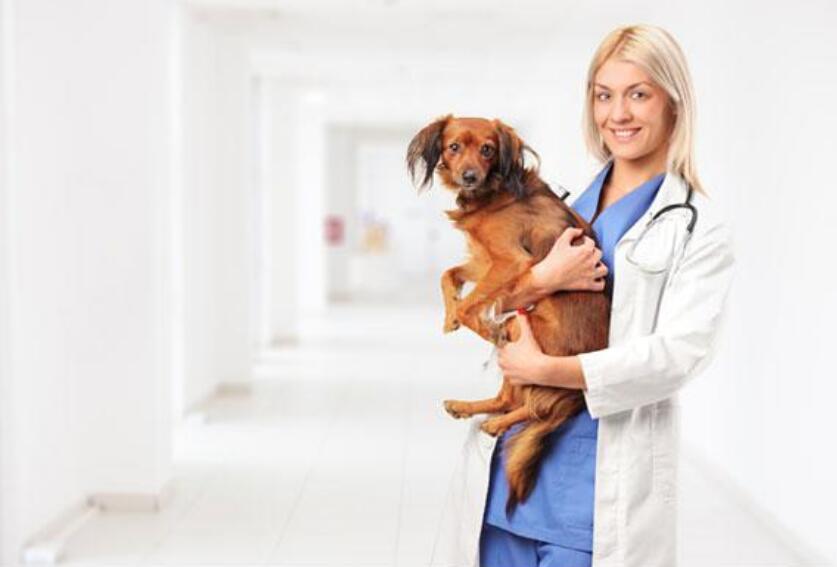 Please consult your veterinarian
Please consult your veterinarian
“The most important thing is to make an appointment with your veterinarian,” says Dr. Johnson, “especially if your pet is vomiting, which can be a sign of serious symptoms in cats and dogs.”

